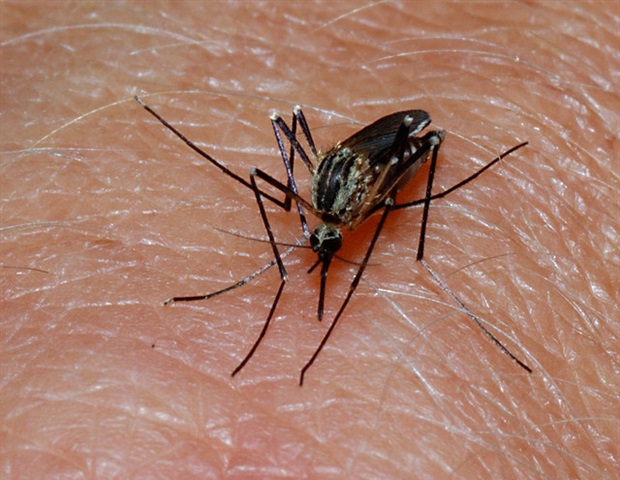Time: 2024-08-01

In a recent study by North Carolina State University , it was revealed that household pests developing resistance to insecticides used for malaria prevention have led to unintended consequences . The resistance of these pests has caused a resurgence of bed bugs , cockroaches , and flies in homes , leading to a distrust of traditional malaria prevention methods such as insecticide - treated bed nets and indoor spraying.
The use of insecticide - treated bed nets and indoor spraying has been instrumental in controlling mosquitoes that spread malaria . However , as these household pests have become resistant to the insecticides , there has been a noticeable increase in the presence of bed bugs , cockroaches , and flies in homes . This resurgence of pests has resulted in communities abandoning these once - effective methods , ultimately leading to higher rates of malaria.
To combat the unintended consequences of household pest resurgence , researchers suggest exploring new dual - targeted treatments . One proposed solution is a two - pronged approach that includes both mosquito treatment and urban pest management targeting pests like bed bugs , cockroaches , and flies . Another potential solution is the discovery of new malaria - control tools that also address household pests simultaneously.
In conclusion , the unintended consequences of household pests developing resistance to insecticides used for malaria prevention have led to a resurgence of bed bugs , cockroaches , and flies in homes . This resurgence has resulted in a distrust of traditional malaria prevention methods , ultimately leading to higher rates of malaria . By exploring new dual - targeted treatments and innovative solutions , it may be possible to address these challenges and mitigate the unintended consequences associated with pest control and malaria prevention efforts.